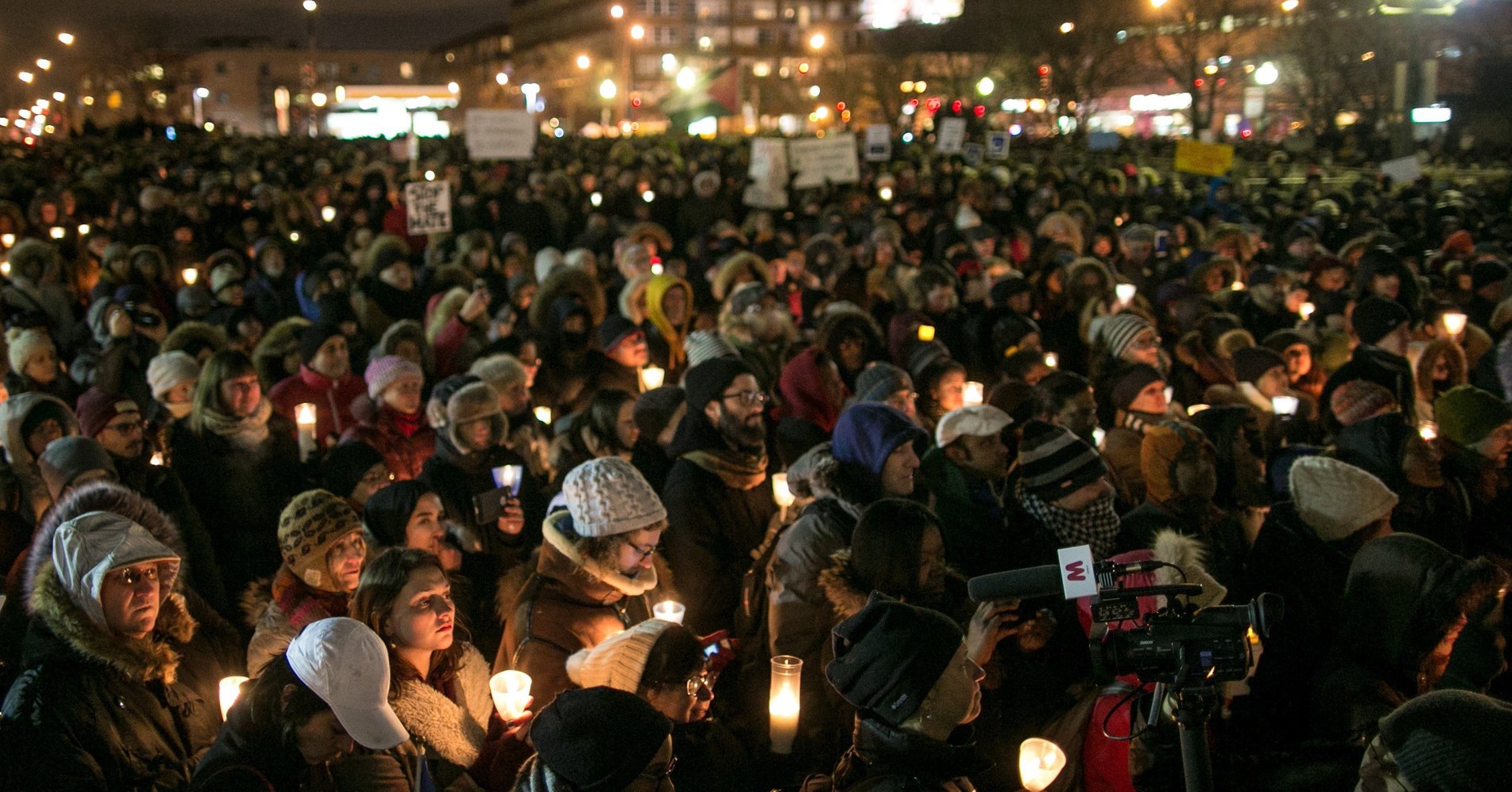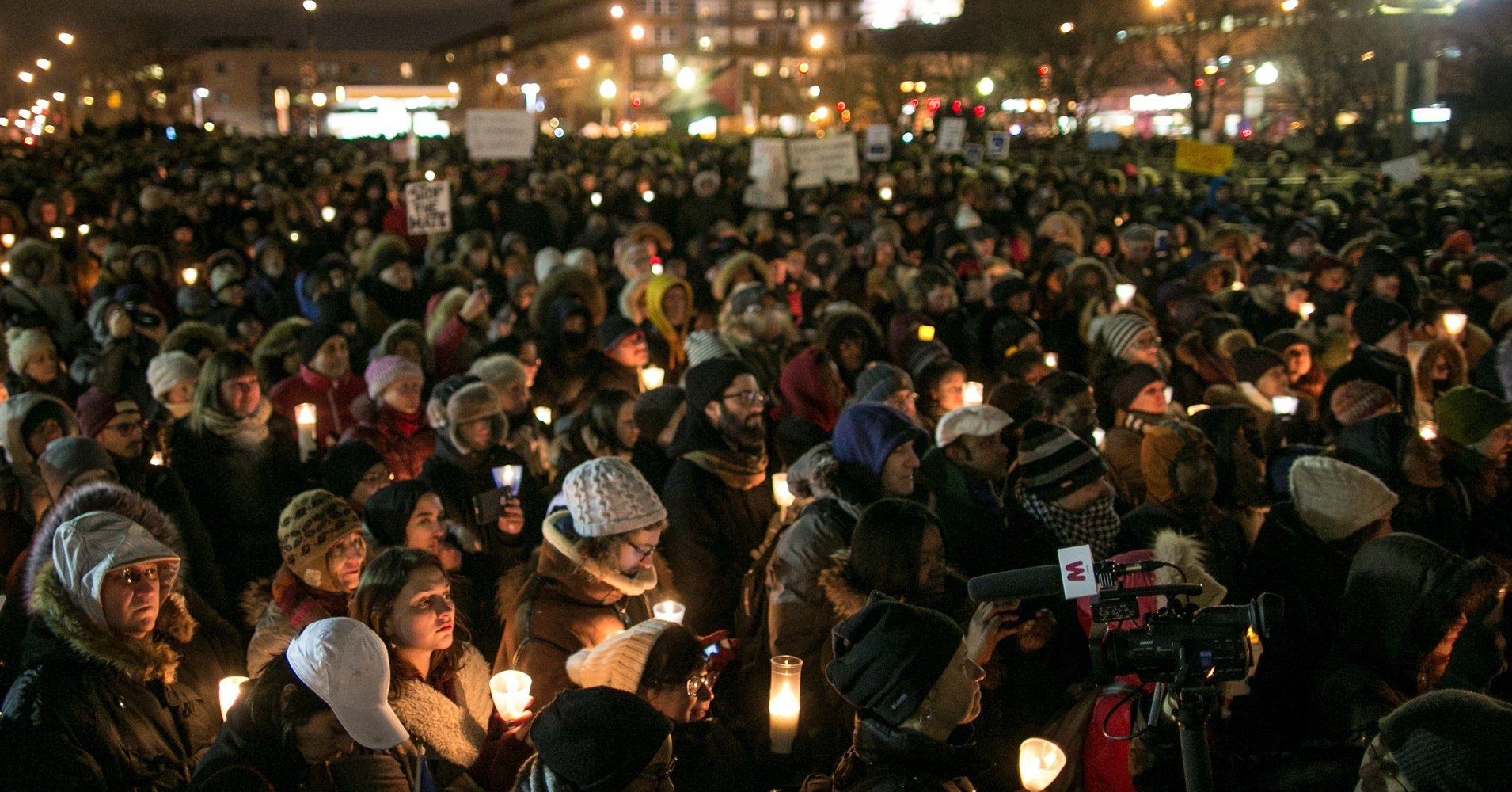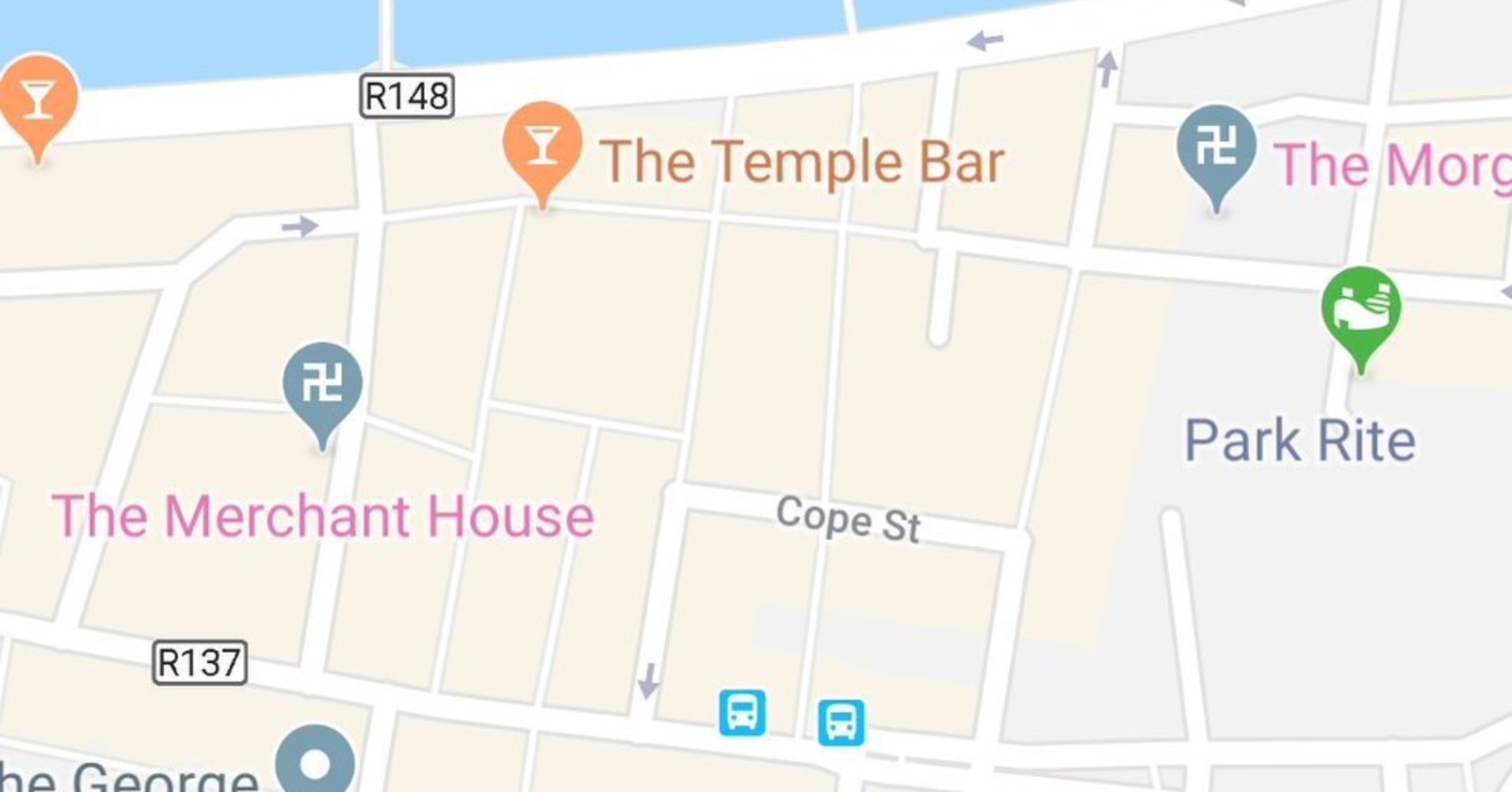

The number of hate crimes in Canada skyrocketed last year, reaching the highest reported total since the government started issuing annual reports on the subject nearly a decade ago. Notably, reported hate crimes against Muslims rose a staggering 151 percent from 2016 to 2017, increasing 207 percent in Canada’s most populous province, Ontario.
Canadian police reported 2,073 hate crimes for 2017 ― an increase of more than 600 incidents from the previous year ― according to a Statistics Canada report released on Thursday. Compared with 2016, hate crimes went up more than 60 percent against the Jewish population, 50 percent against the black population and 15 percent targeting sexual orientation.
The actual number of incidents is likely much higher. The report counts only the hate crimes reported to authorities, which researchers believe is just a small fraction of total incidents. It’s estimated that over two-thirds of hate crime victims don’t report attacks to the police and the number of people who stay quiet can be even higher in communities with large numbers of recent immigrants, according to the Canadian Anti-Hate Network monitoring group.
The incidents covered in the report range from crimes that gained international attention to those that received less public notice. The majority of reports involved property offenses such as vandalism, and nonviolent hate crimes grew at a faster rate over the previous year than violent ones did. But 2017 also saw several horrific acts of violence, including when a far-right shooter killed six Muslim men in January at a Quebec City mosque.
Much like in the U.S., Canada has become politically more divided in recent years over issues such as migration and religion. Far-right groups have grown in number. Canada’s two most populous provinces, Quebec and Ontario, have elected right-wing populist governments, and Quebec’s government is planning to push through legislation that would bar public servants, including teachers, from wearing religious symbols such as hijabs and kippas while on duty.
“It’s fair to say that our political sphere has been a lot more polarized in recent years,” said Leila Nasr, a spokeswoman for the National Council of Canadian Muslims. She called for broad and concerted action from all communities and authorities to address the rise in hate crimes.
“All political leaders have a role to play speaking out very clearly and unequivocally about hate of all kinds,” she said.
Rights groups and researchers have partly attributed the increase in hate crimes to a contagion effect from the United States, where President Donald Trump has emboldened far-right groups.
“Hate and intolerance don’t really respect borders,” Nasr said.
Quebec City shooter Alexandre Bissonnette, for example, obsessively checked the social media accounts of Trump, Fox News pundits and far-right conspiracy theorists before his attack, court records show. Bissonette later told authorities that he carried out the killings to stop refugees from settling in Canada.
Although the Canadian government hasn’t released official numbers for hate crimes in 2018, the National Council of Canadian Muslims said its tracking data on anti-Muslim hate incidents shows the upward trend continuing this year.












